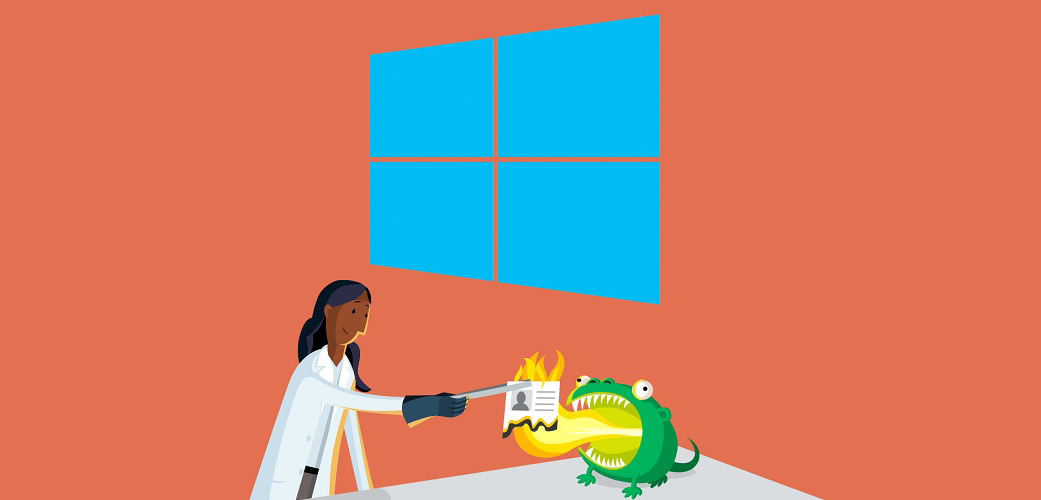Enhancing Privacy with DuckDuckGo’s New Browser
The search engine that prioritizes privacy has launched the beta version of its browser for Windows, offering a range of features to strengthen the protection of your personal data.
DuckDuckGo Expands to Windows
DuckDuckGo, the web browser developed by the renowned search engine, is now publicly available in beta for Windows. The application, which was initially launched on macOS last year, can now be accessed on PCs. In addition to tracker blocking, the web browser offers numerous other features aimed at safeguarding your privacy.
Tracker Blocking, Cookie Management, and Duck Player
Unsurprisingly, DuckDuckGo’s primary browser functions are focused on protecting users’ private lives. It automatically blocks trackers and goes beyond some of its competitors by including a system that can prevent the loading of third-party tracking devices. DuckDuckGo has also integrated a cookie manager that applies the strictest settings by default and hides GDPR consent banners. Furthermore, DuckDuckGo blocks ads and removes leftover white space.
Built-in Email Protection and Duck Player
The browser also features a built-in email protection module. Launched last year, this system allows you to conceal your original email address by substituting it with a specific pseudonym. This solution already exists in other browsers, such as Firefox, and is designed to protect your address from spam. Emails sent to these pseudonyms are automatically forwarded to your legitimate email address and scrubbed of embedded tracking.
One particularly interesting feature is Duck Player. DuckDuckGo has added a unique YouTube player to its browser, enabling users to watch YouTube videos without intrusive ads. Although the browser does not currently support extensions, DuckDuckGo states that it is working on enabling their use in the future.
A Browser Developed from Scratch
The publisher clarifies that its browser is not a simple fork. DuckDuckGo explains that its browser code has been entirely written by its own engineers. The only technical component not developed in-house is the WebView2 rendering engine borrowed from Microsoft Edge, based on the Blink rendering engine of Chromium. To ensure that the browser does not suffer from any privacy issues, particularly resulting from the use of the WebView2 rendering engine, DuckDuckGo engineers have taken measures to ensure that all crash reports are not sent to Microsoft.


Comments
OneClick
AthensPro